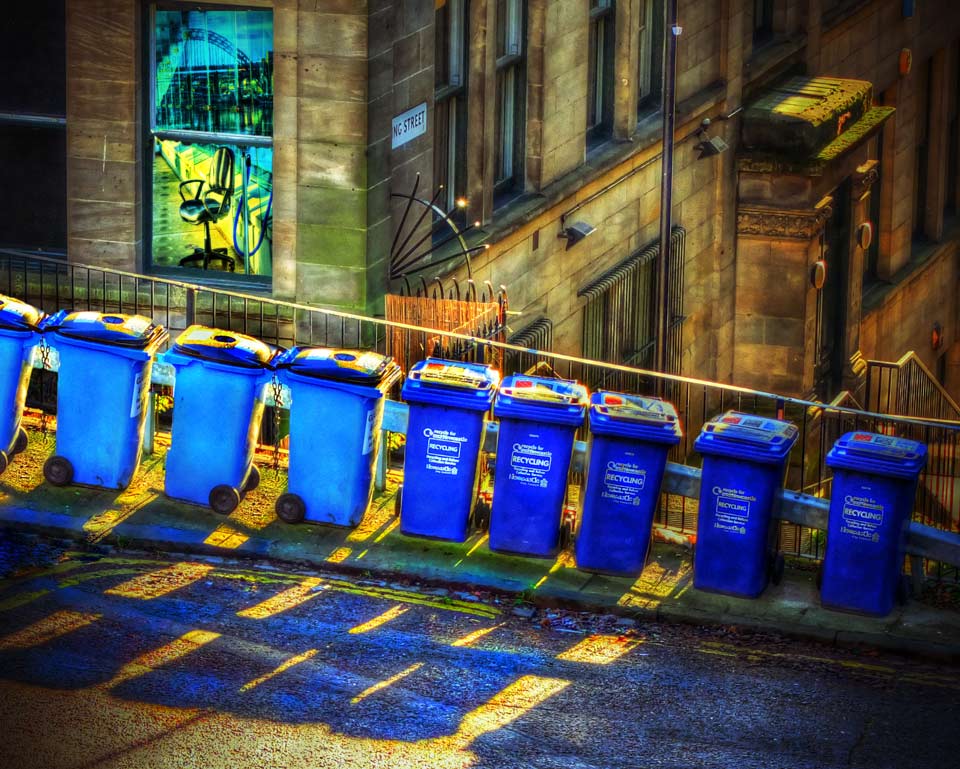Municipal waste management is one of the key areas of municipal environmental policy and is also the item on which town councils spend most resources. Therefore, a wide range of tools needs to be used, including public investment, local regulations and communication campaigns, to obtain ever improving results in prevention and selective waste collection.
The use of tax instruments in the area of waste management is an increasingly popular option to create incentives that help to achieve better prevention and selective waste collection results, ensure appropriate allocation of waste management charges, and guarantee that tax collection is effective.
At local level, the main economic instrument that is available are waste charges. In the past, waste charges in Catalonia were conceived without incentives in mind. However, in other countries, pay-as-you-throw (PAYT) systems are commonly used. Such systems enable the real production of waste in each home or business to be calculated, and the tax is determined by the amount and type of waste that is thrown away. Thus, pay-as-youthrow systems promote waste prevention and recycling and enable the ‘polluter pays’ principle to be applied.
It explains the main principles of PAYT schemes’ operation, the steps required to implement them and the impact that they are expected to have on waste streams and on the operation of collection services. The guide also describes cases in which PAYT schemes have been deployed in Catalonia, the rest of Spain and other European countries.
Ignasi Puig | Maria Calaf | Maria Mestre
2010
Agència de Residus de Catalunya
Puig Ventosa, I., Calaf Forn, M., Mestre Montserrat, M. (2010) Guide for the Implementation of Pay-As-You-Throw Systems for Municipal Waste. Agència de Residus de Catalunya.

